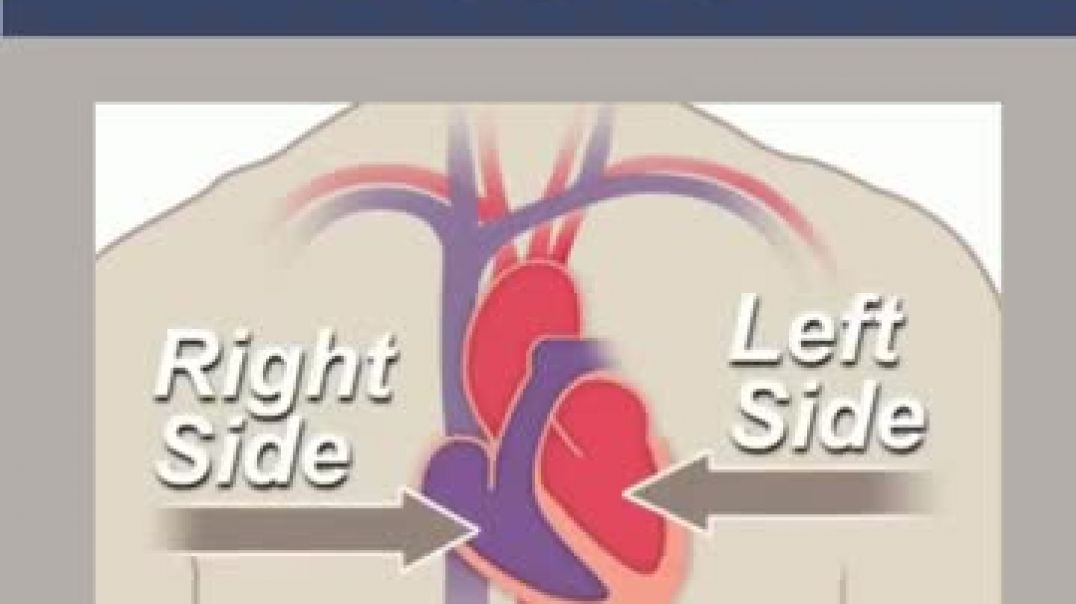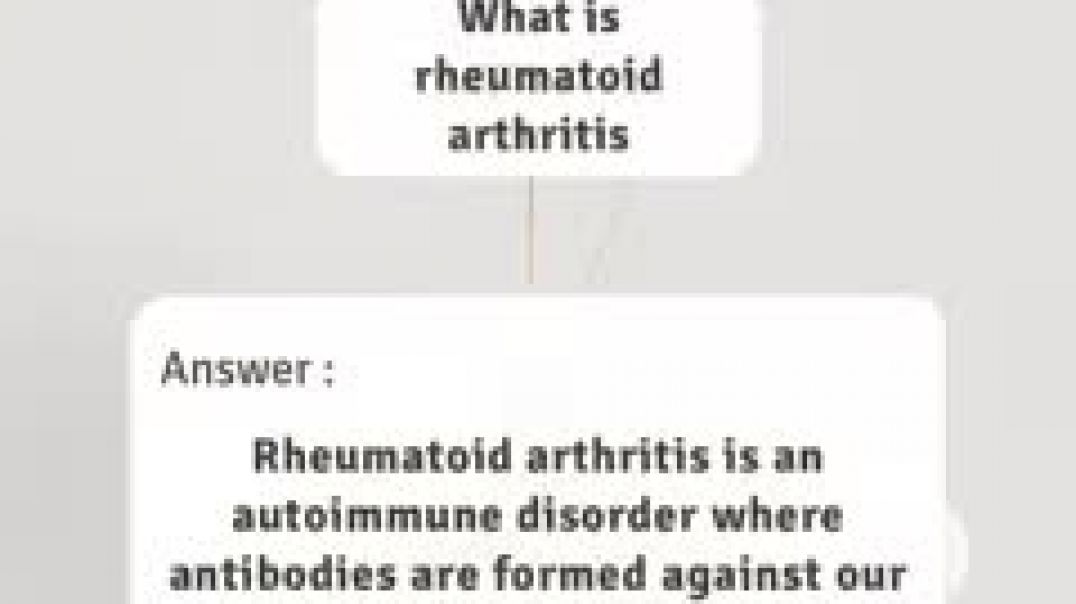Liver Cancer Treatment - The Nebraska Medical Center
Liver cancers are some of the most common cancers worldwide and, along with biliary and pancreatic cancers, are among the most challenging cancers to treat. Nowhere in the Midwest will you find a more experienced team of physicians and health-care professionals dedicated to treating these cancers than at The Nebraska Medical Center. Our groundbreaking surgeries and innovative treatment options provide early staging and the most positive outcomes for patients with both primary and metastatic cancers. The use of laparoscopic surgery offers patients a less-invasive approach for many of these operations, and our world-renowned liver transplant team is available for patients who are candidates for transplantation.
Numerous physicians and medical professionals work together to ensure patients receive the most comprehensive and innovative treatments possible. Our multidisciplinary transplant team includes transplant surgeons, hepatologists, gastroenterologists, nursing staff, clinical nurse coordinators, social workers, child life specialists, psychologists, psychiatrists, pharmacologists, financial counselors, pastoral services, patient relations coordinators and others dedicated to providing extraordinary care to patients and their families.
The liver is the largest organ inside the body and is located just below the ribs on the right side. The liver has many functions: it filters waste and other harmful materials from the blood, it produces enzymes and bile that help with digestion and it produces chemicals and hormones necessary for regulating many body functions. Liver cells are called hepatocytes.
Liver cancer is classified as either primary (starting in the liver) or secondary (spreading to the liver from cancer in another part of body). Hepatocellular carcinoma is the most common form of primary liver cancer.
It develops in the liver cells and damages other healthy liver cells. Continuous growth of cancerous hepatocytes can cause malignant, or cancerous, tumors to form.
In its early stages, liver cancer does not produce many symptoms and is hard to detect. As the cancer grows, symptoms such as abdominal pain and bloating, weight loss, nausea, vomiting, fatigue and jaundice (yellowing of the skin and eyes) may appear. While doctors do not know exactly what causes liver cancer, chronic liver infections, such as viral hepatitis B and C, and cirrhosis of the liver can increase a person's risk for developing the disease. Men are more likely to develop liver cancer, as are people over the age of 60.
There are different treatment options available, depending on the type and stage of the cancer. Surgery or a liver transplant are options only if the tumor is small and contained within the liver. If the tumor is very large or has spread beyond the liver, chemotherapy or radiation may relieve symptoms and prolong life, but this is not a cure.
For more information, visit www.NebraskaMed.com or call 1-800-922-0000.
-
Category






















No comments found